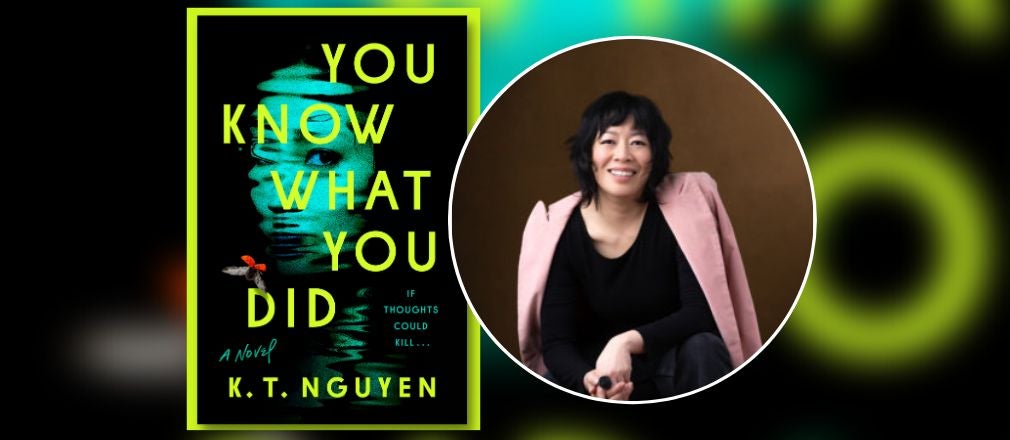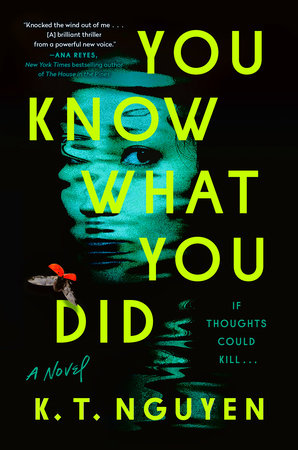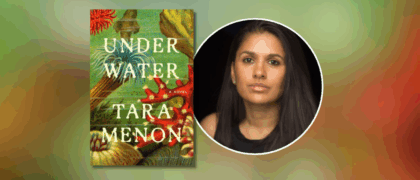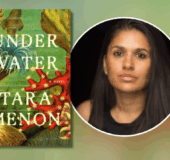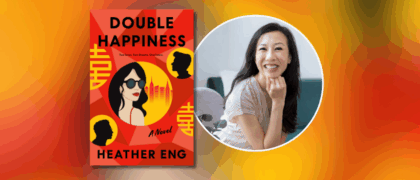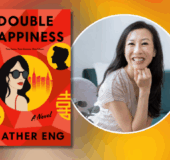Dear Librarian,
Through the years, libraries have served as a refuge for my refugee family.
About the time I started elementary school in Ohio, our Friday night outings looked like this: the seven of us would pile into our wood-paneled station wagon and drive to the next town over. Here, nestled between a convenience store and laundromat, was the local library. As soon as I stepped inside, my heart thumped with a mix of fear and excitement. Being in public still made me uneasy. My ragtag family of Vietnamese refugees undeniably stood out in the small rustbelt town. But the library was an inherently welcoming space. Anyone could borrow books, no matter if you’d just arrived in the country. You didn’t even need money—my dad worked in a steel factory, my mom waitressed, yet there was little to spare.
By the time I began junior high, my siblings had all graduated and moved away, and my parents were well on their way to divorce. My mother surrounded herself with books. Hoarding them made her feel safe; reading served as a brief reprieve from her growing isolation. Library book sales (bag day!) became her sport. In those years, I would become intimately familiar with our local Geauga County Public Libraries and the more far flung Cuyahoga branches. I spent hours upon hours reading. One summer, I didn’t venture outside for months—and got sunburned when I finally did.
When I turned fifteen, I landed an after-school job in the public library, which had moved into a brand new, standalone building. I needed the work. My father had remarried and moved south; my mother’s mental health had rapidly deteriorated. The librarians were caring, making sure I took my breaks, logged all my hours, and bundled me up when it was my turn to empty the drop box on frigid days. I worked side-by-side reshelving books with a brilliant-but-awkward boy with whom I had my first date, my first kiss.
I felt a sense of belonging in the stacks that I didn’t find elsewhere in my almost entirely white school and town. I spent free periods happily volunteering in my high school library. The summer before college, the school librarian mailed me a check for fifty dollars. Despite my embarrassment that she knew how little we had, I was touched that she believed in me enough to invest in my success. At Brown University, I took a work study job in the Rockefeller Library. That first Christmas, when I couldn’t afford to fly home, a librarian I’d worked with back in Ohio, who had since moved to Connecticut, invited me to join her family for the holidays. This cemented what I’d long suspected: librarians were angels on earth.
After I started my own family, story hour became a fixture in our week. My daughter listened with rapt attention as the children’s librarian magically brought Mother Goose to life. For me, the time was a precious escape from the loneliness of maternity leave, a gentle transition back to the outside world.
In writing my debut novel, I drew on my own mental health struggles and intense family relationships. YOU KNOW WHAT YOU DID is both a harrowing psychological thriller and a heartfelt exploration of the refugee experience, the legacies we leave for our children, and the unbreakable bonds between mothers and daughters. I hope it serves as a tiny contribution, a downpayment, on the immense debt I owe to the institution of the public library.
With gratitude,
K.T. Nguyen

